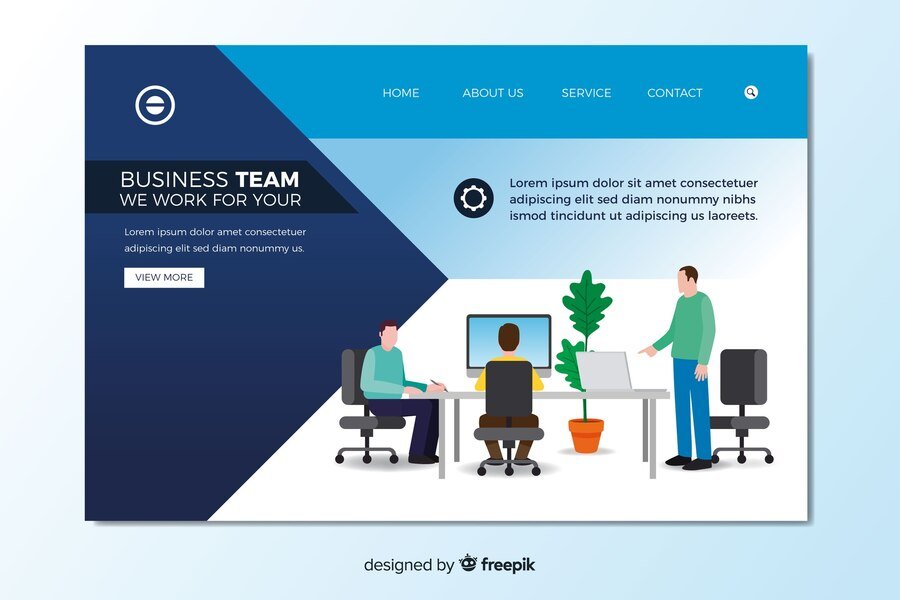Optimizing Your Approach to Internet Referral Leads in Home Care
When new leads come in via internet referrals, such as search engines, PPC campaigns, or website contact forms, do you have a well-documented, measured, and tested process in place? If not, you might be missing out on highly qualified clients.
The Importance of Using Phone Scripts
For senior care businesses, responding quickly, consistently, and professionally to leads can significantly boost sales. However, the first contact with a lead isn’t about closing a sale or over-qualifying them. It’s about building trust and establishing a relationship.
Why Use a Script for Contacting Home Care Leads?
Peter Droubay, a corporate trainer with extensive experience in home care sales, emphasizes the importance of scripts for first contact with internet leads. Even with his experience, he relies on scripts to nurture new leads effectively.
“There is a difference between the kind of marketing you do for pre-professional referrals and other advertising, primarily online. They require different approaches based on the type of lead,” Peter said in a Caring.com webinar on converting leads using scripts.
Best Practices for Making First Contact
Leads from internet marketing are often in the early stages of their home care journey. They may be unsure about what services they need or their costs. The first contact helps both you and the potential client learn about each other. Here are some best practices:
1. Use a Call Script: Having a script ensures consistency, helps control the conversation, and keeps the call on track.
2. Designate a Primary Caller: Assign one person to handle these calls, with a few backups trained as well.
3. Focus on Scheduling Appointments: Don’t over-qualify leads on the first call. Aim to set up an in-person consultation.
4. Understand the Client’s Needs: Ask questions to understand their situation and educate them about your services.
5. Control the Call with Questions: Lead the conversation with exploratory questions and do most of the listening.
6. Diagnose and Prescribe: Help the lead understand what type of care might be best for their situation.
7. Use Consultative Language: Phrases like “We may be able to help” are reassuring and non-pressuring.
8. Work with Urgency: Show urgency in solving the lead’s problem, not in closing the sale.
9. Use Assumptive Closing Techniques: Always aim to schedule an assessment.
Crafting an Effective Sales Script
An effective sales script has six parts:
1. Greeting and Introduction: Introduce yourself and state the purpose of your call. Ask an opening question.
2. Discovery: Ask questions to understand the lead’s needs, concerns, and barriers.
3. Looping: Repeat their concerns back to them to show you’re listening and understand their needs.
4. Recommendations: Provide information and suggest next steps, such as a care consultation.
5. Appointment Setting: Schedule an appointment without over-qualifying the lead.
6. Recap and Next Steps: Summarize the conversation and outline what happens next.
Example of a Call Script
Greeting and Introduction:
“Hi! My name is [Your Name] and I’m calling for [Lead’s Name]. I’m a representative for Autumn Ridge Home Care. I saw that you requested a call on our website, and I’m following up. I help seniors and their families in [Your Town or Area] find the best senior care services. Can you tell me more about what prompted your search for home care for your father?”
Discovery:
Ask questions like:
“Tell me more about your dad. What’s changed with his health lately?”
“In your opinion, what kind of help does he need?”
“What are your biggest concerns?”
“What worries you about this process?”
“What is the ideal outcome for you and your family?”
Looping:
“Given his recent lapses in memory, it sounds like you’re nervous about your father living on his own. You’ve looked at assisted living facilities but are exploring in-home care options. Does that sound right? Did I miss anything?”
Recommendations:
“He might be a good candidate for memory care and some occupational therapy services. We have great care teams specializing in both. I’m going to send you resources comparing assisted living and home care services and a questionnaire to complete with your dad. Let’s also set up an appointment with our care coordinator, Kendra, for an assessment.”
Appointment Setting:
“Let’s start with your dad’s address. Kendra can meet you on Thursday or Friday. Do you prefer morning, afternoon, or evening? How about 5 o’clock or 6:30?”
Recap and Next Steps:
“To recap, we need to ensure your dad’s safety and determine if in-home care is best. I’ll send the comparison chart and questionnaire shortly. Kendra will visit this Friday at 6:30 p.m. at 1308 Grove Avenue in Byrneville. What’s a good phone number to reach you that day? Should we include anyone else in the meeting, like your aunt? Also, Kendra can help you explore payment options. Do you have a budget in mind?”
By following these guidelines, you can improve your approach to handling internet referral leads, building trust, and ultimately converting them into clients.













